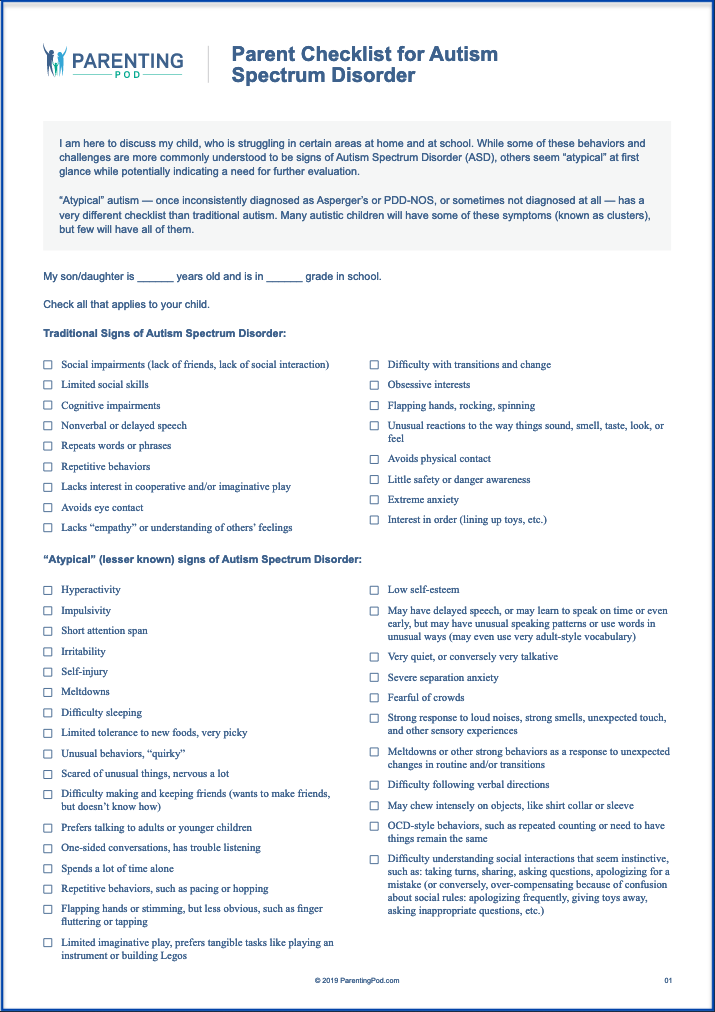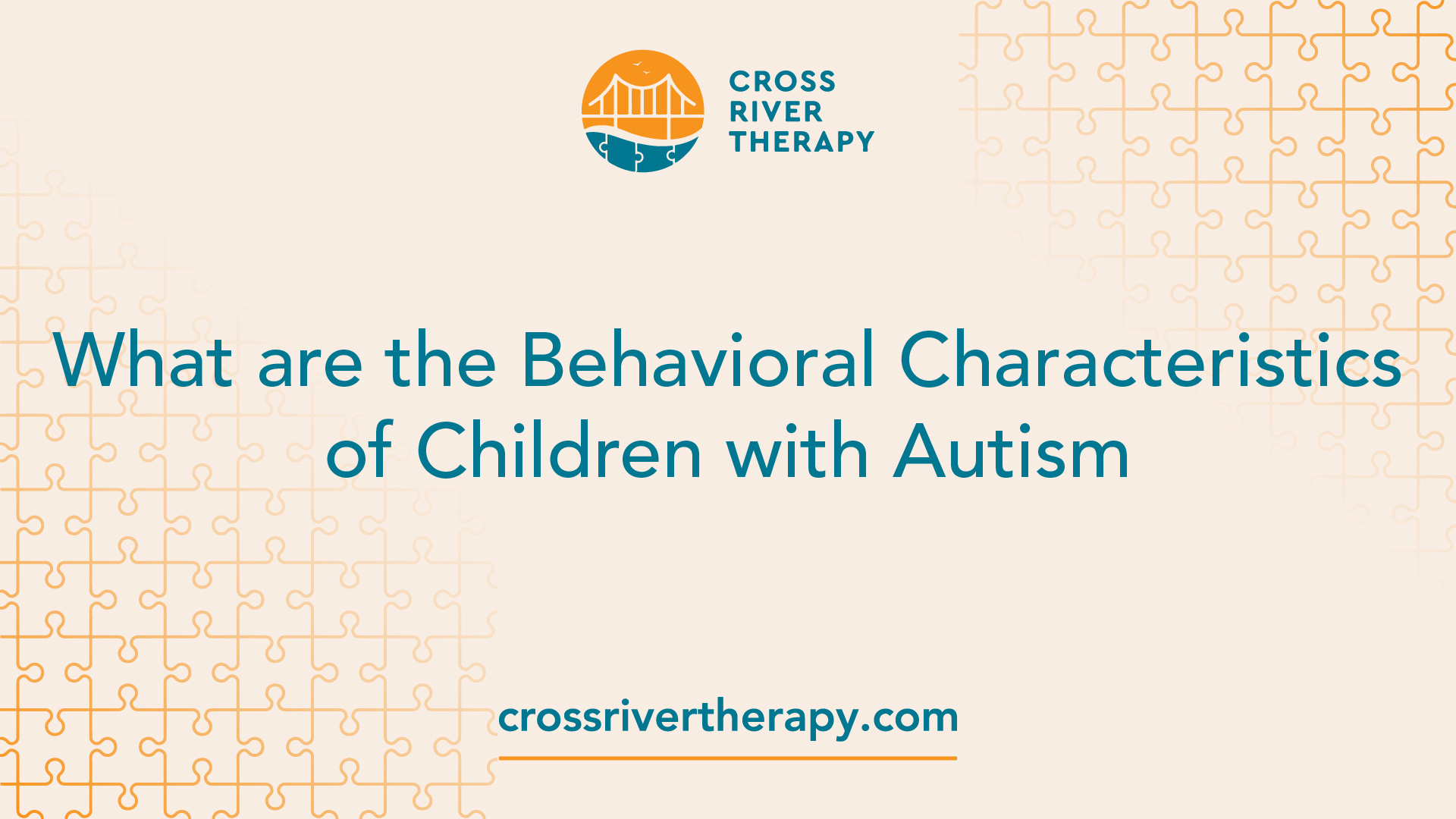Comprehending the Influence of Behavioral Autism on Every Day Life and Social Communications
You could not recognize exactly how deeply behavioral autism impacts daily life and social communications. People on the range usually browse a globe filled up with interaction obstacles and sensory overload. These challenges can lead to disappointment and isolation, impacting their relationships and overall health.
Specifying Behavior Autism and Its Qualities
Behavioral autism, often described as autism spectrum disorder (ASD), includes a variety of problems characterized by obstacles in social communication, interaction, and repeated behaviors. You might see that people with ASD typically struggle to analyze social hints, which can result in misunderstandings in discussions. They may locate it difficult to establish eye call or take part in small talk, making social situations really feel overwhelming.
Communication difficulties can manifest in various methods, from postponed speech development to a preference for making use of less words. By recognizing these qualities, you can promote an environment that promotes acceptance and motivates reliable communication, assisting people with autism prosper in their day-to-day interactions.
The Spectrum of Autism: Comprehending Irregularity in Actions
Autism spectrum problem (ASD) isn't a one-size-fits-all diagnosis; it varies commonly amongst individuals. You may discover that some people with ASD exhibit light signs, while others might encounter more considerable difficulties. This irregularity can show up in actions, rate of interests, and sensory level of sensitivities. You may experience individuals who are very verbal and involve easily in discussions, while others may favor singular tasks or communicate non-verbally.
In addition, the means individuals with ASD reply to sensory input can differ substantially; some could be bewildered by bright lights or loud noises, whereas others thrive in boosting settings. The range likewise includes differences in social interactions; some individuals may have a hard time to translate social cues, while others navigate social settings with relative simplicity. Recognizing this variability is necessary, as it assists you appreciate each individual's unique experience and dressmaker assistance to their specific needs, fostering an extra inclusive environment for every person.
Interaction Challenges Encountered by People With Autism
When you communicate with individuals on the autism range, you might discover their distinct communication obstacles. They frequently deal with problems with both nonverbal and spoken hints, which can impact their social communications. Comprehending these barriers is crucial for promoting better links and support.

Verbal Communication Difficulties
Several individuals on the autism range experience verbal interaction difficulties that can substantially affect their day-to-day communications. You could locate it challenging to express your ideas, sensations, or needs clearly. This can result in disappointment for both you and those around you, as misconceptions occur. You may battle with initiating conversations, preserving a subject, or comprehending subtleties in speech. Frequently, you may prefer utilizing basic language or repetitive phrases, which can limit your capability to participate in deeper conversations. Your tone, pace, or quantity could not line up with social assumptions, creating others to misinterpret your intents. Acknowledging these obstacles can aid you and your support network develop techniques to improve communication and promote much better links with others in your life.
Nonverbal Communication Barriers
Spoken communication isn't the only difficulty people on the autism spectrum face; nonverbal interaction obstacles can be just as considerable. These challenges can lead to misunderstandings or misinterpretations of social hints, making communications feel complicated or overwhelming. By resolving nonverbal communication, you can locate strategies to improve your social experiences and enhance your total quality of life.
Social Communication Impacts
Social communications can typically really feel frustrating due to the distinct communication difficulties dealt with by people with autism. Identifying these difficulties can help you find techniques to improve interaction, such as exercising social abilities in risk-free setups or utilizing aesthetic aids. Understanding your needs allows you to navigate social interactions with greater confidence and simplicity.
Social Interaction and Partnership Building in Autism
While building connections can be challenging for people with autism, comprehending their special point of views and communication styles can cultivate meaningful connections. You might observe that numerous people on the spectrum prefer direct interaction and might fight with social hints or small talk. By being uncomplicated in your communications, you can assist produce an atmosphere where they feel comfy.
Involving in shared interests can also serve as a bridge to much deeper links. Whether it's a leisure activity, a favored show, or a mutual passion, these common strings can open doors to friendship.
Daily Life Regimen: Browsing Techniques and difficulties
Steering life regimens can be especially testing for individuals with autism, particularly when unforeseen adjustments occur. You could discover comfort in having a structured timetable, as it aids you expect what's following. It's regular to really feel distressed or overwhelmed when disruptions happen. To navigate these difficulties, take into consideration implementing aesthetic timetables or lists. These devices can supply clarity and peace of mind.
Establishing a regimen that consists of sensory breaks can likewise be valuable. This assists create an understanding environment.
Last but not least, method mindfulness strategies to manage stress and stress and anxiety. Straightforward breathing exercises or grounding methods can make a considerable difference. By incorporating these strategies, you can enhance your everyday routine and lessen disturbances, making life really feel extra manageable.
Strengths and Capacities of Individuals on the Autism Spectrum
Comprehending day-to-day life routines is simply one facet of the autism experience. Lots of individuals on the autism spectrum possess remarkable toughness and capacities that establish them apart.
Furthermore, your memory skills often beam, specifically in areas of passion. Aba Therapist. This flair for keeping details can make you a beneficial source in areas like art, modern technology, or science. You might also display strong aesthetic reasoning, enabling you to picture intricate ideas and address troubles creatively
Additionally, your distinct viewpoint on the world can promote empathy and understanding in others, improving social interactions. Embracing these staminas not only boosts your confidence however more info likewise assists others appreciate the diverse skills you offer the table.
Developing Comprehensive Settings for Individuals With Autism
Producing inclusive settings for individuals with autism begins with making sensory-friendly spaces that cater to their distinct demands. You can likewise promote opportunities for social communication, aiding to build relationships and connections. By making these changes, you'll add to a more welcoming environment for everybody.
Designing Sensory-Friendly Spaces
While developing sensory-friendly areas, it's essential to mirror on the special demands of people with autism. Include peaceful zones where people can charge and pull back when overwhelmed. Include aesthetic timetables or clear signage to aid individuals navigate the space with confidence.
Promoting Social Communication Opportunities
Creating sensory-friendly spaces not just addresses individual comfort however additionally sets the phase for purposeful social interactions among people with autism. Encourage peer mentoring, matching people with autism with helpful peers who can lead them via social situations. By applying these techniques, you can improve social possibilities, assisting people with autism construct friendships and reinforce their social skills in a secure, welcoming environment.

Frequently Asked Concerns
How Can Pals Support A Person With Behavioral Autism?
You can support a close friend with behavioral autism by being individual, listening more info proactively, and appreciating their boundaries. Engage in activities they delight in, communicate openly, and develop a comfortable atmosphere where they really feel valued and comprehended.
What Resources Are Available for Moms And Dads of Children With Autism?
You can explore various sources for parents of kids with autism, consisting of assistance groups, instructional web sites, and neighborhood social work. Connecting with various other moms and dads can likewise offer important understandings and shared experiences to help browse obstacles.
Can Behavioral Autism Adjustment In Time?

Yes, behavioral autism can alter in time. You might observe changes in communication, social skills, and actions as your kid expands. Early treatment and assistance commonly play vital duties in these developing modifications.
Just How Do Sensory Level Of Sensitivities Affect Every Day Life?
Sensory level of sensitivities can make everyday experiences frustrating. You may struggle with brilliant lights or loud sounds, causing anxiety or evasion. Finding environments that accommodate your requirements can significantly improve your convenience and total every day life.
What Are Typical Misconceptions About Behavioral Autism?
You might believe behavioral autism only impacts interaction skills, yet it's even more complex. Several presume individuals lack empathy or knowledge, which isn't real. Comprehending these misunderstandings assists foster approval and assistance for those on the spectrum.
Behavioral autism, usually referred to as autism spectrum condition (ASD), incorporates get more info an array of problems characterized by obstacles in social communication, communication, and recurring behaviors.Social interactions can typically feel frustrating due to the one-of-a-kind interaction difficulties faced by people with autism.Designing sensory-friendly spaces not only addresses private comfort however likewise establishes the stage for purposeful social interactions amongst individuals with autism. Motivate peer mentoring, coupling individuals with autism with encouraging peers who can direct them with social circumstances. By implementing these methods, you can improve social chances, helping people with autism build friendships and strengthen their social abilities in a secure, inviting atmosphere.